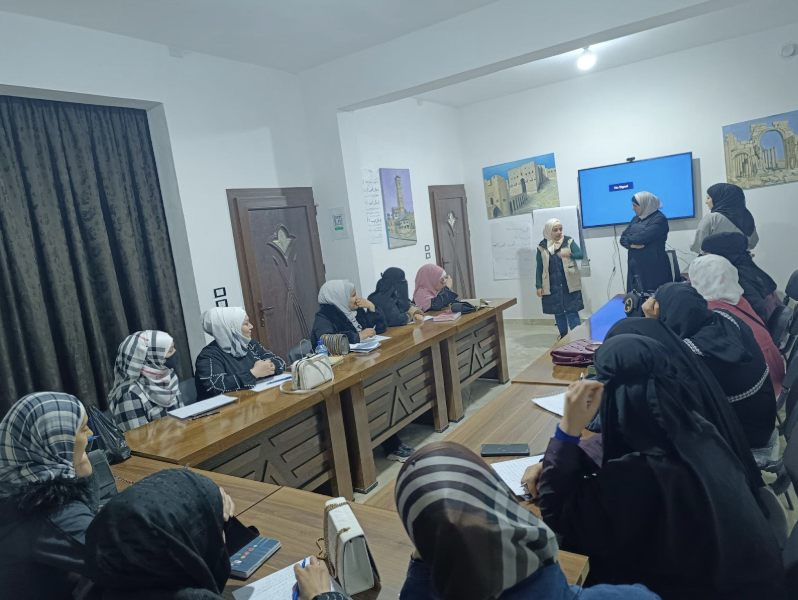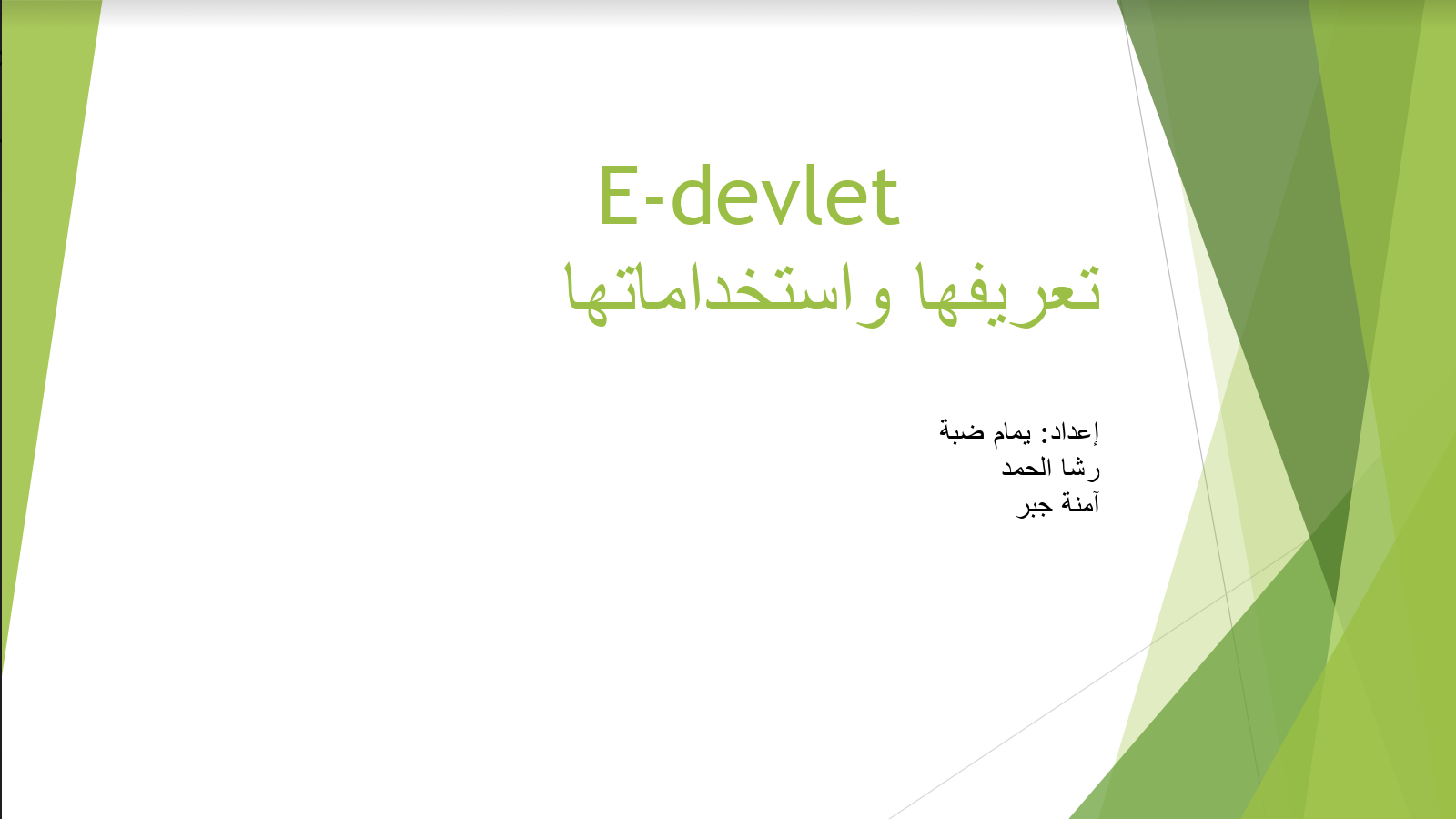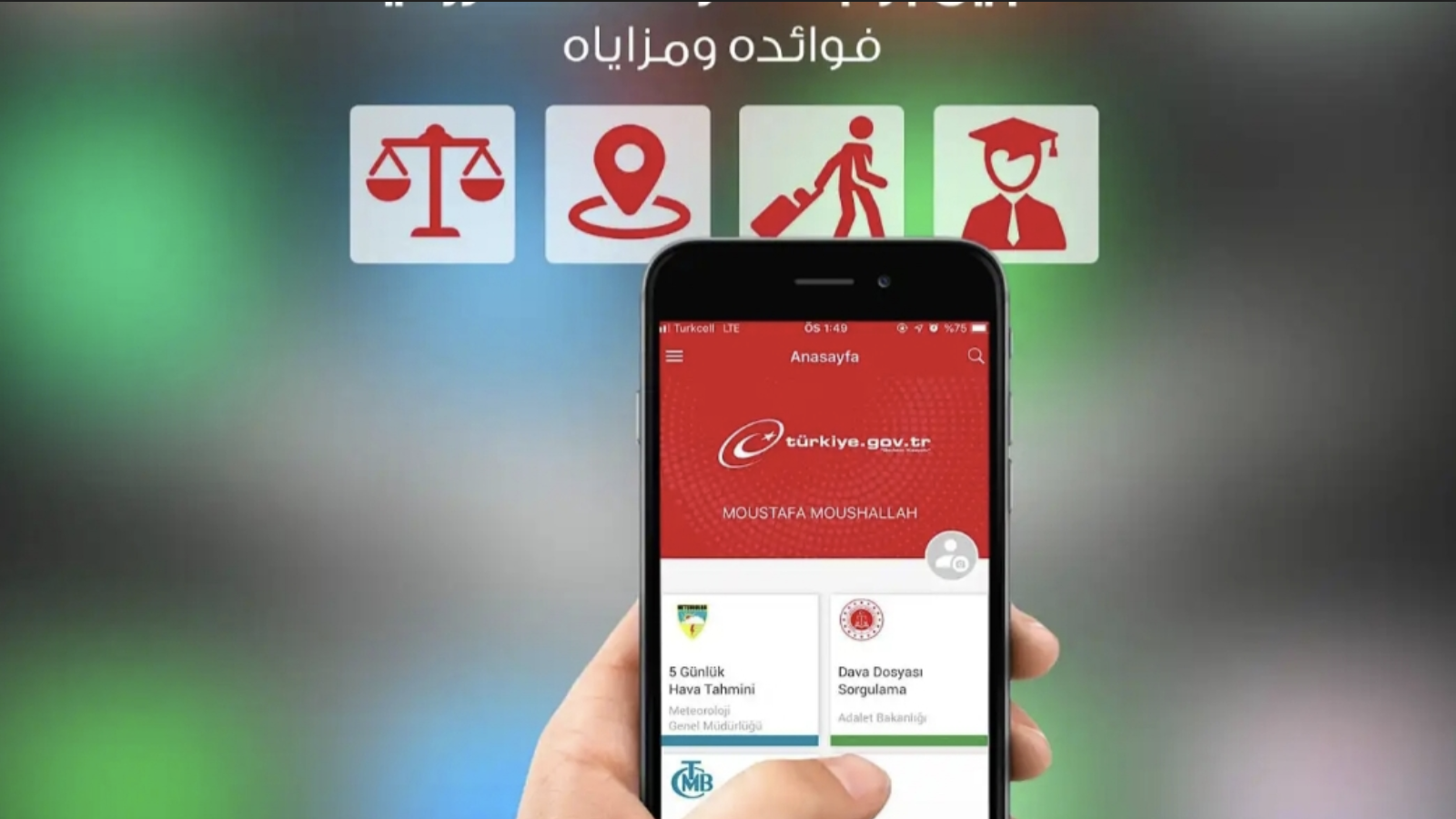It’s hard to know where to begin when writing about the earthquake that struck Turkey and Syria on Monday February 6th. The media has been abuzz with updates, statistics and response efforts. However, over the past few days, the news cycle seems to be moving forward. Currently, the death toll is estimated at over 36,000 people – a number that most of us cannot even fathom. To help conceptualize this, it would be the equivalent of losing the student population of over 70 US high schools in just one week.
Undoubtedly it will take years to rebuild all of the infrastructure that has been lost. For the embattled territories of Northwest Syria, the earthquake is added to a decade of conflict, obstruction of aid and displacement. There are more than 4 million Syrians depending on aid from the UN and other NGOs and whilst aid to Turkey has greatly increased in the wake of the earthquake, the border situation in Syria has left the Northwest territories with even less humanitarian support. Due to objections from the Russian and Syrian governments, the only route into Syria is by crossing through Turkey. At this time, a UN resolution in place only allows UN agencies to cross the border and provide aid. Outside of these agencies, the folks on the ground, living in Syria are the only people able to provide aid to those in need. For this reason, it is absolutely crucial that we funnel funding toward Syrian based NGOs. Any other solutions to this issue will require widespread political pressure in order to open borders and bring relief.
Rockflower Partner, Center for Civil Society and Democracy, is one such organization based in Syria working to help with recovery and displacement. On February 6th they issued a statement explaining the devastation and documenting their urgent needs. These include people to help with rescue operations, medical personnel and supplies, food, water and blankets, temporary shelters fit for cold weather, communication support, funding for organizations supporting women and mental health support for those affected.
We have been in touch with CCSD, and their team told us, “The needs are huge, people have lost family and friends, many people have lost all their possessions including paperwork and many homes are unsafe to enter. CCSD’s support is structured and prioritized around a few key areas: humanitarian assistance (tents, food, water, hygiene kits, support for burials), logistical and coordination support, communication assistance (internet support), and psychosocial support. The weather continues to be extremely cold. Much more help is needed for shelter (tents and blankets) and heat (wood burning stoves or electric heaters), many people are still on the streets. The most vulnerable – children, people with disabilities, and women need more focused support. Children need jackets and warm clothes. Families with homes intact have taken in IDPs (internally displaced persons) and they need support.”
Despite the global narrative moving forward, Syrians are suffering and they are not receiving anything close to adequate resources to help them recover from this disaster. A recent tweet from Omar D. Foda (@EgyptsBeer) resonates strongly, “People living in the Middle East are not some special species that becomes more immune to tragedy the more they experience it. They are humans who are suffering at levels that are almost inconceivable. To believe otherwise is to justify your cold indifference.” Please make it a priority to support Syrian based organizations like CCSD as they work on the ground, leading recovery efforts.






